5 Potent And Affordable Growth-Boosting Propellants For Natural Hair Influencers Never Talk About
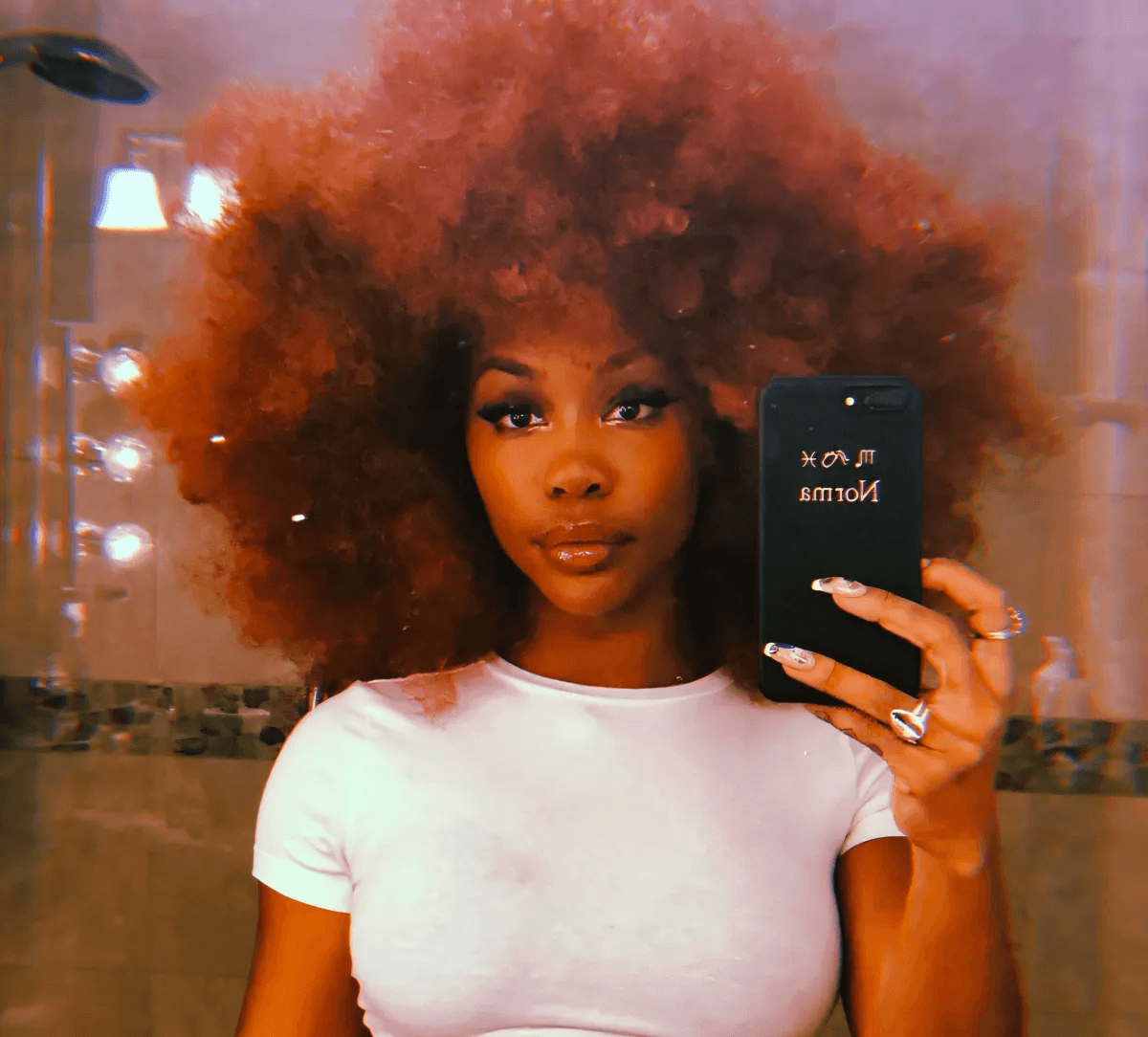
Two years ago, I embarked on an 'all-natural mental and physical transformation,' because I was at a stage in my life where I needed to connect to my spirituality and live an all-round healthy lifestyle.
This meant transitioning my permed hair to natural hair because the chemicals from relaxers were damaging my hair; wearing sustainable clothes and nurturing eco-friendly habits; eating more greens than junk food.
Sincerely, I won't rate my progress a ten because committing to all three aspects was challenging, but I can happily say that I haven't been tempted to perm my hair again because I have wanted this since I was 12 years old. Going natural was an eye-opening experience for me—especially now I remember how easy to manage it looked on other girls.
At first, I had a lot of migraines during the transitioning stage and afterward, I had to battle with keeping my hair moist constantly because I have coarse 4C natural hair.
Secondly, I had to prevent excessive breakage by taking supplements, consistently plaiting my hair, and applying hair treatment products.
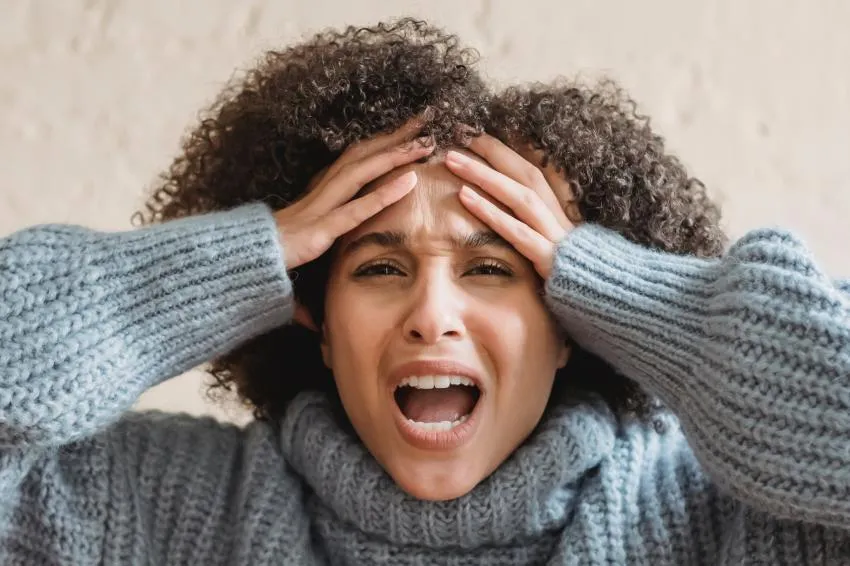
At some point, this routine became overwhelming; and so, had to seek easier, and quicker growth-boosting hair routines.
I found really helpful videos on YouTube, where some of my favourite influencers shared insightful tips and products that helped their hair to grow. I learned that there is no easy-to-do natural hair routine; I only had to be consistent to achieve results.
Secondly, I noticed that the influencers kept mentioning the same products that are obviously filled with a lot of chemicals, which didn't bode well with me because my intent for transitioning is to ditch chemicals.
Also, I could tell that the influencers were definitely paid by brands to promote their products, which I didn't find cost-effective. I began to search for healthy and affordable alternatives, and I found some the day I went to a local market in Nigeria to shop for groceries.
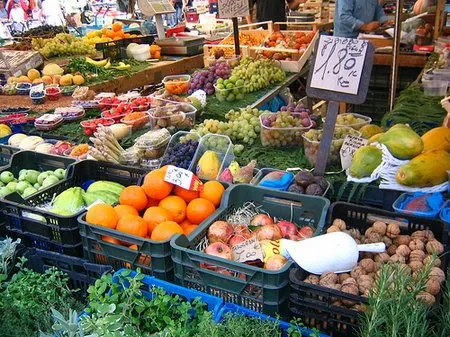
I met a woman in her 40s, selling a variety of fruits, herbs, and spices, and I was enthralled by the look of her natural hair; it was long and thick. After being complimented, she began to spill the magic behind her hair growth.
I was shocked when she told me that the herbs and spices that I was buying to cook, did the trick. Of course, I had to purchase more items to test whether it actually works. It appears that they are actually as potent as she described them to be!
Five Herbs that Trigger Natural Hair Growth
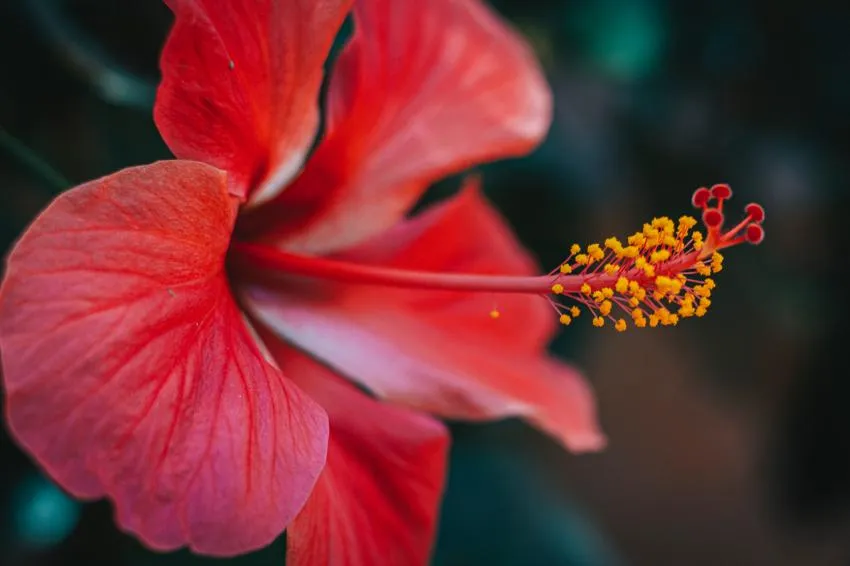
1. Hibiscus
Hibiscus flowers aren't a one-trick pony. Not only can they be used for decorations, but they also have a high nutritional value to the hair and body. I various regions in Africa, the hibiscus flower is used in making medicinal beverages.
With an ample amount of vitamin C, flavonoids, amino acids, mucilage fibre, moisture content, and antioxidants, the hibiscus flower nourishes the locks, induces a satin-soft texture to prevent frizz and breakages, prevent hair loss, prevent split ends and premature greying, and thicken hair volume. All you have to do is soak the petals in water for a while; then immerse your hair in the water, and leave for 5-10 minutes before washing it off.
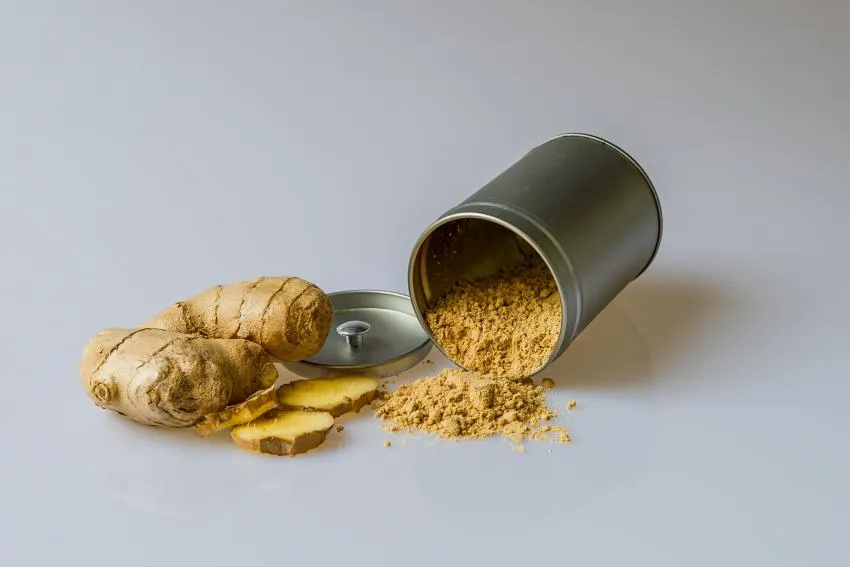
2. Ginger
Ginger is well known for preventing and curing flu-like symptoms. However, many people may not know the benefits it has to the hair. One benefit is that it combats hair loss by strengthening hair follicles with its minerals, vitamins, and fatty acids.
Secondly, it possesses antiseptic properties which help to fight dandruff and dry scalp. The oils present in its root serve as a natural conditioner, to keep the hair smooth, prevent breakages and split ends.
Adding blended ginger to your spray bottle or leave-in conditioner would be a good addition to your hair routine.
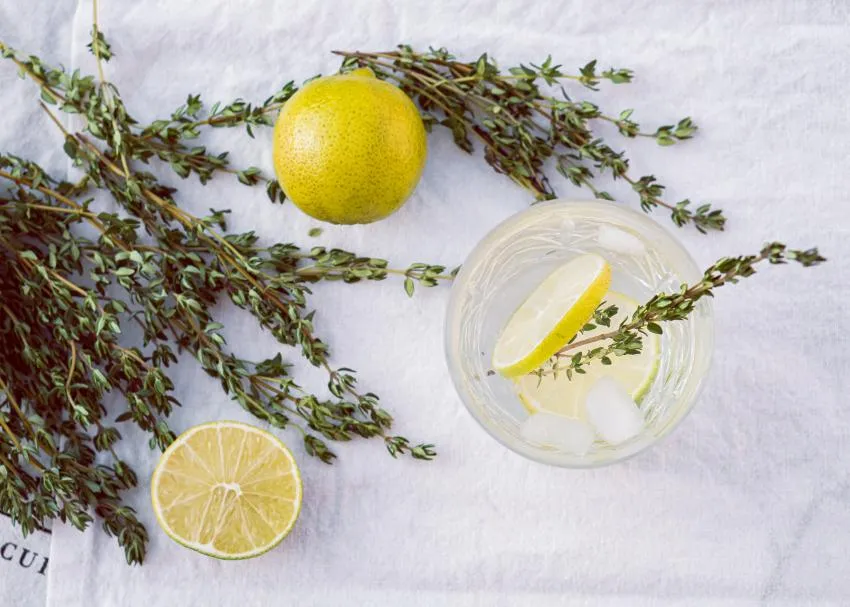
3. Thyme
Thyme fosters hair growth in 2 ways: stimulating the scalp and preventing hair loss. According to recent studies, thyme oil was discovered as an effective agent in treating alopecia.
Thyme is particularly potent, therefore, you only 2 tablespoons of it in a carrier oil before applying it to your scalp. Leve it in for10 minutes, then rinse it out.
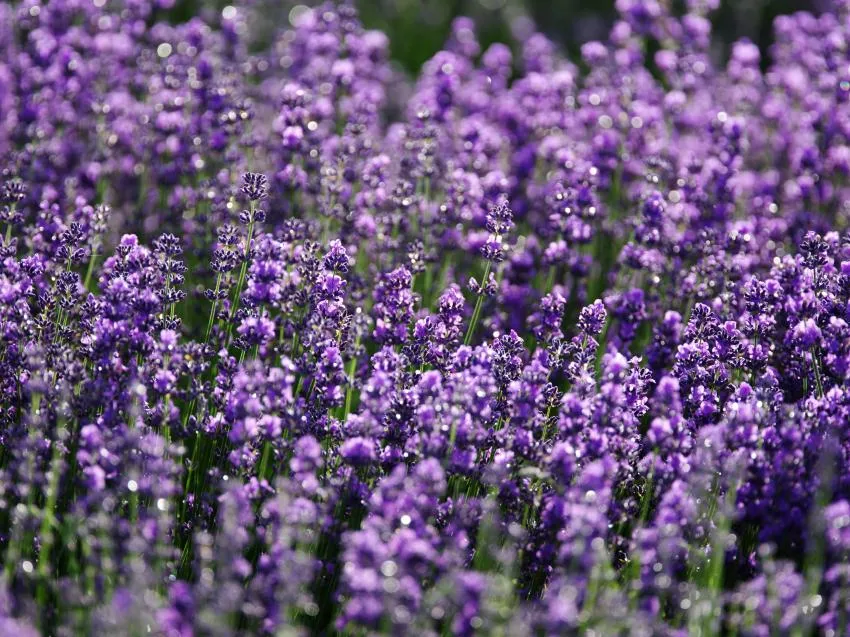
4. Lavender
Lavender is essential to hair care because of its anti-inflammatory and anti-microbial properties. Also, it shields the hair from lice and fleas, in general.
Lavender's antibacterial properties help to soothe the scalp as well as heal irritations and infections like dandruff and scalp flakes.
In doing so, Hair loss is reduced, thereby improving hair growth. A few drops of lavender fluid can be added to your hair oils to enhance efficacy.
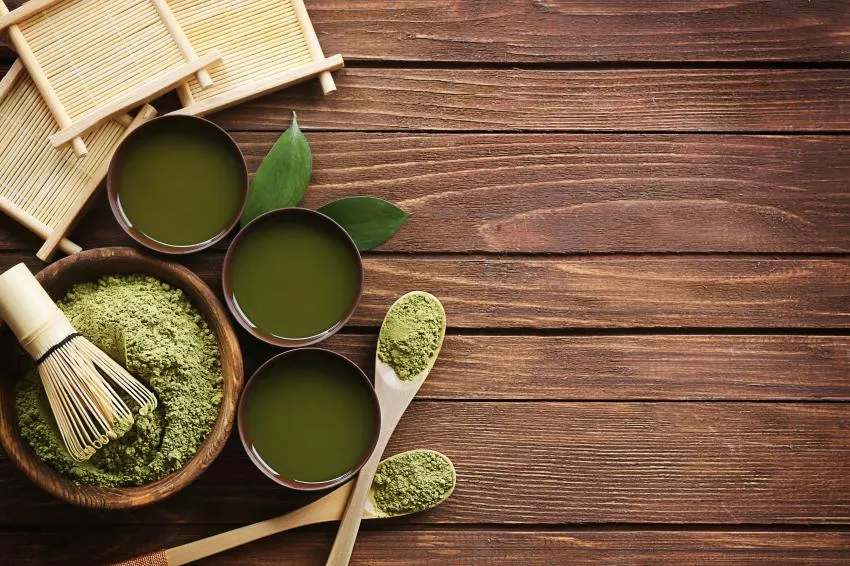
5. Moringa
Moringa doubles as a health supplement and a growth propellant. Moringa possesses thiocyanate which strengthens hair follicles and averts hair loss. You can use it as a natural conditioner and promotes new hair growth.
Moringa is fortified with Vitamins and minerals like calcium and Vitamin E, which keep the scalp healthy by supplying more nutrients to the hair follicles, through increased blood circulation. Applying the Moringa paste as a hair mask once a week would help to make hair strands healthier and stronger.
The moringa oil can be applied with your fingertips on damp hair, to massage the hair into the scalp.

Since I started using these herbs, I have noticed major changes in my hair texture and length. It feels healthier and less prone to excess breakages.
I haven't met my hair targets yet, so I'll keep using these herbs till I achieve my desired results.
Now you're done reading, it's time to take action! Feel free to share this post and your results with as many people you think need this information.
Good riddance to stunted hair growth!
Opinions and Perspectives
The scientific breakdown of each herb's benefits really helps understand why they work.
My whole family is now using the hibiscus treatment. Even my skeptical husband!
The timing of finding this article couldn't be better. Just about to give up on my hair journey.
My hair stopped breaking as much after I started using the moringa mask weekly.
This article should've mentioned patch testing. Some people might be sensitive to these herbs.
Just ordered all these herbs online. Excited to start my natural hair journey!
The simplicity of these remedies is what attracts me. No complicated ingredients lists.
Yes! I have low porosity hair and hibiscus helps the moisture actually penetrate.
Started using these after reading this article last month. Already seeing baby hairs sprouting!
The spiritual connection to natural hair care really speaks to me. It's more than just hair.
Anyone else getting tired of trial and error with hair products? At least these are affordable experiments.
Wonderful article but wish they'd mentioned storage tips for these herbal preparations.
These remedies paired with protective styling have transformed my hair journey.
Make sure you're using enough hibiscus flowers and letting them soak long enough. Consistency is key.
My sister swears by hibiscus but I haven't seen any difference. Maybe I'm doing something wrong?
Try rosemary instead of lavender. It has similar properties and works great for scalp health.
The transition period is tough but stick with it! These herbs really do help.
Just started my natural hair journey and this couldn't have come at a better time.
This article makes some bold claims. Would love to see before and after pictures.
Been using these remedies for three months now. My hair growth is slow but definitely healthier.
What about mixing multiple herbs together? Would that be more effective or too strong?
I combine lavender and moringa oils. The results are amazing and my hair smells fantastic.
Finally someone talking about affordable options! Tired of influencers pushing expensive products.
Love how the article breaks down the science behind each herb. Makes it more credible than just saying they work.
The smell actually fades pretty quickly. I use thyme with coconut oil and it's not noticeable after 30 minutes.
Anyone else worried about the smell of thyme in their hair? I want to try it but I work in an office.
4C hair here too! The moringa treatment has been a game changer for my moisture retention.
My grandma used to talk about these remedies but I never listened. Now I wish I had started sooner!
The woman's story about meeting the market seller really resonated with me. Sometimes the best advice comes from unexpected places.
Not sure about this. These natural remedies take too long to show results. I prefer my trusted products.
I tried the ginger treatment last week and my scalp felt tingly but in a good way. Already noticing less hair fall.
This is great info but where can I find fresh hibiscus flowers in the city?
The prices of commercial hair products are getting ridiculous. Thanks for sharing these affordable alternatives!
Yes! I've been using hibiscus for 6 months and my hair has never been healthier. Mix it with aloe vera for even better results.
Interesting read but I'm a bit skeptical about these herbs. Has anyone actually tried the hibiscus treatment?
I love how this article focuses on natural alternatives! Been using chemical products for years and my hair just keeps getting more damaged.
